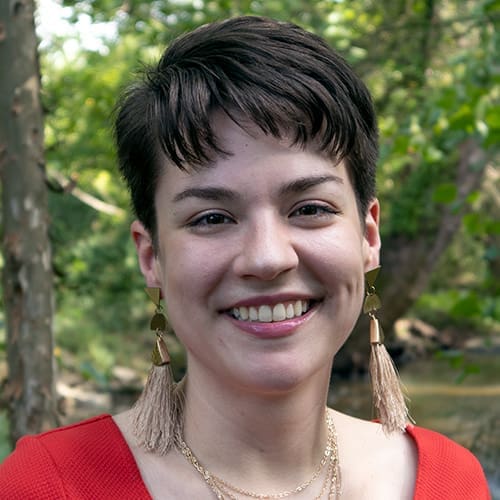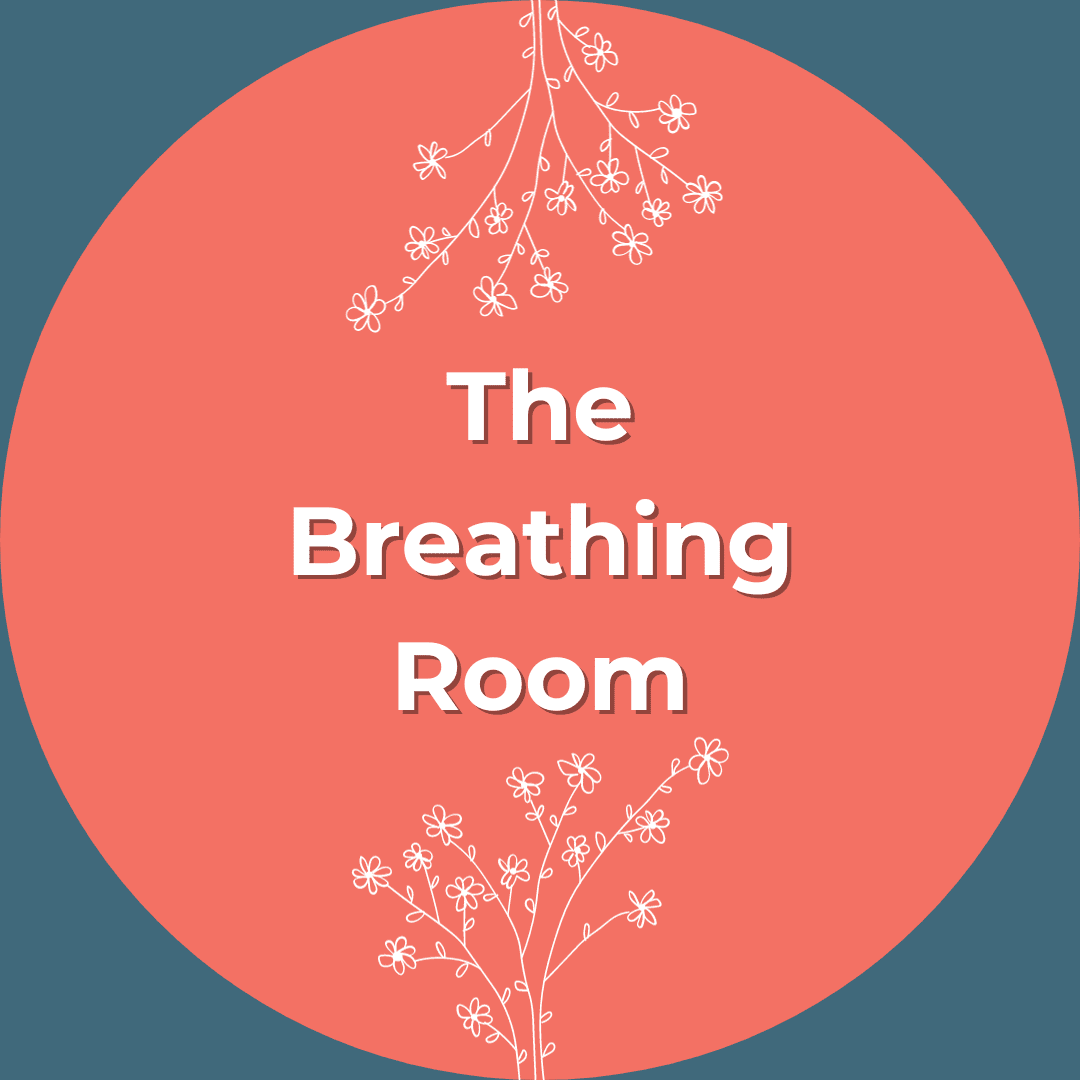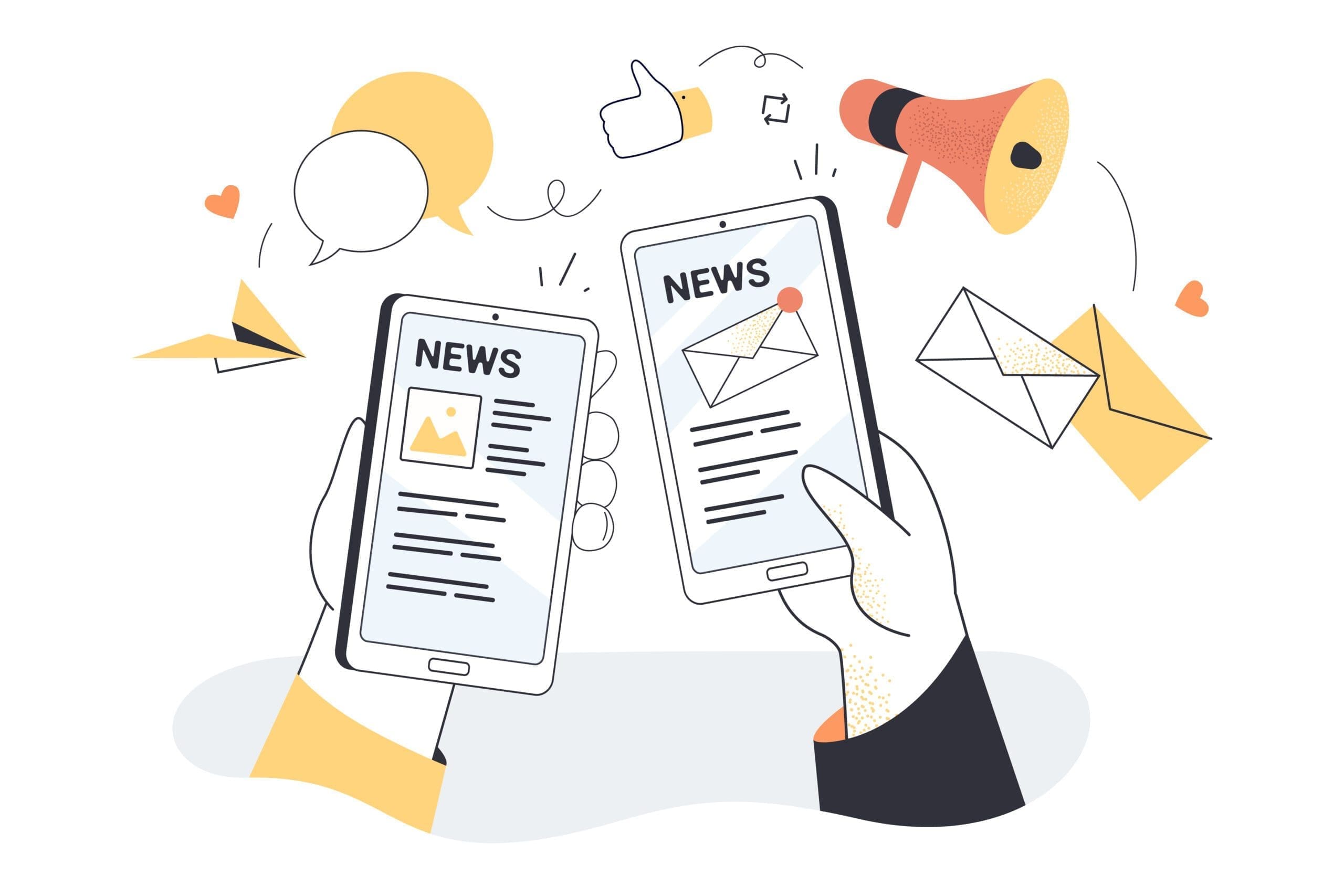I once read an unattributed quote that said, “You don’t have to be hopeful about the future, just curious.” Curiosity has been one of my biggest allies as I’ve faced depression, anxiety, grief and hopelessness. Even everyday stressors feel smaller when I’m curious about the world.
Curiosity is not a miracle solution, but if you do an internet search about the correlation between curiosity and helping depression and anxiety, you’ll find lots of studies and anecdotal research suggesting that curiosity is an effective antidote against both. Yet, curiosity has been hard to cultivate as I’ve entered my adult years, especially after graduating school and leaving a community built on learning.
I’ve regained a lot of curiosity lately though because I’ve spent a lot of time with the most curious people ever – kids.
I’ve recently entered the world of environmental education, which means I get to teach groups of school-age kids about the environment and the incredible world around them. The best part about working with kids is seeing their curiosity come out, especially when they’re around the age of eight or nine, because they’re still asking “stupid” questions that are often actually quite insightful. One time while I was teaching a class using live snakes, a student asked me if snakes are ticklish. I had to pause to consider his question. I told him I wasn’t sure, but I’d find out for him. I talked to some coworkers later, and we discussed how snakes’ nervous systems work and how their brains function, and I was able to share that information with my students later. If that student had never asked, I would never have dug deeper to learn the answer. When I spend time around kids, I start allowing myself to ask weird, simple or “stupid” questions too.
Guess what? I’ve learned a lot by doing it. It reminds me of Alie Ward, host of the podcast Ologies, and her tagline, “Ask smart people stupid questions.” You can’t learn without asking and you’re never too old to be curious.
My curiosity, encouraged by the very kids I’m supposed to be encouraging, has led to discovering new interests and hobbies. Bugs, which I used to view as “pests” at worst or “important parts of the ecosystem that I still want to stay far away from me” at best, are now something I look for when I go outside. I try to identify them and learn about them. I try to think of questions my students will ask so I can research it beforehand and have answers ready.
Embracing my curiosity has made me a happier person. I love learning. It’s satisfying to research and find answers. And being curious has led me to develop connections with people because I love asking them questions about their field. Most professionals are excited to get to talk about the intricacies of their work. It also means I have more answers for my kiddos when they ask questions, and watching their faces light up when I have an answer is very rewarding.
Curiosity also helps maintain healthy relationships. When someone makes a statement that is controversial or offensive to you, you can respond by asking them to clarify instead of getting upset. Some go-to responses can be, “What do you mean by that?” “What does that look like to you?” “Tell me more about that.”
Quite often, people have thought their ideas through but they aren’t great at explaining them quickly. Giving them time means they can explain how they feel and why they feel that way. You might still disagree but you’ve set the foundation for a respectful conversation, or you might figure out you’re on the same page, you just phrase things differently.
Many of our political problems would be solved with genuine curiosity. When you hear an idea proposed, especially by a group you tend to disagree with, and your first thought is, “That’s a dumb idea,” try having your next thought be, “I wonder why they think it’s good.” Do some research. Ask some questions. Hear people out. Maybe it isn’t as dumb as you thought. Jumping to conclusions doesn’t help anyone, especially when it comes time to vote. Asking questions could start a ripple effect that changes lives and communities.
So get out there and start asking more questions! Curiosity is a powerful tool. It opens new interests, creates connections, strengthens relationships and helps us heal. Use it wisely – and often!



